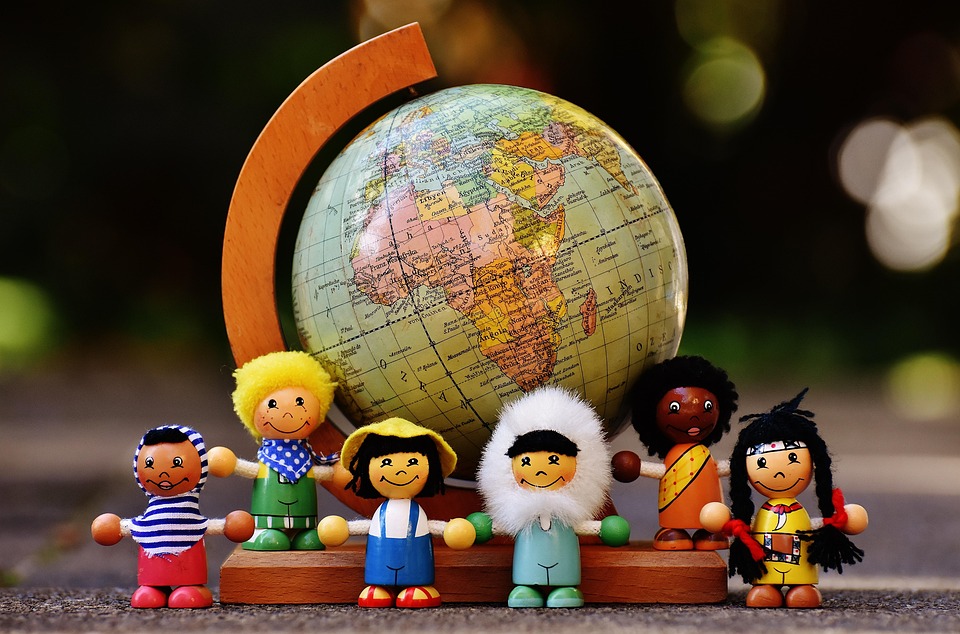In the realm of video gaming, the co-op genre has emerged as a vibrant landscape where players can come together, strategize, and foster teamwork. However, as the gaming community continues to evolve, the importance of diversity within co-op gaming becomes increasingly evident. Celebrating different backgrounds, perspectives, and stories not only enhances gameplay but also enriches the collective experience of players around the globe.
A Tapestry of Perspectives
Diversity in co-op gaming is not merely about representation; it’s about weaving a rich tapestry of stories and experiences that can influence game design and gameplay. Players from various walks of life bring unique insights, fostering creativity in strategy, problem-solving, and interaction.
When teams consist of individuals from different cultures and backgrounds, they contribute varied strategies and playstyles. For instance, a player from a community that emphasizes discussion and negotiation may approach conflict resolution in-game differently than someone whose background emphasizes direct confrontation. This blend of styles can lead to more innovative solutions and a deeper understanding of the game’s mechanics.
Amplifying Voices
In an industry long dominated by uniform narratives, the introduction of diverse characters and storylines is growing. Games like "Overcooked," "It Takes Two," and "A Way Out" feature characters with multicultural backgrounds, allowing players to immerse themselves in unique narratives that resonate with broader audiences.
These diverse characters not only encourage empathy but also allow players to connect with stories that reflect their own experiences or expand their understanding of others. This amplification of voices helps to dismantle stereotypes and fosters a more inclusive gaming environment.
Bridging Communities
Co-op gaming has the power to foster connections among players who may never have crossed paths otherwise. Multiplayer platforms often serve as digital gathering spaces where individuals forge friendships beyond geographic, social, or cultural barriers.
For instance, games that encourage collaboration, such as "Among Us" or "Minecraft," can create opportunities for players from diverse backgrounds to work together toward a common goal, thus encouraging intercultural dialogue. These interactions help to build understanding and mutual respect, highlighting the potential for gaming to serve as a conduit for social change.
Challenges and Opportunities
Despite the progress made in championing diversity within co-op gaming, challenges remain. The industry must continue to confront issues related to representation, accessibility, and inclusivity. Developers need to prioritize diverse hiring practices, ensuring diverse voices are included in both the game design process and the narratives being told.
Furthermore, community management plays a crucial role in fostering safe and inclusive environments. Fighting against toxicity and encouraging constructive communication is essential for ensuring that players feel welcome and valued, regardless of their background.
Celebrating Diversity
Events like gaming conventions and online festivals are increasingly recognizing and promoting diversity in co-op games. Panels, workshops, and tournaments celebrate diverse narratives and the contributions of marginalized communities. These initiatives not only educate players but also inspire future developers to embrace inclusivity and creativity.
Additionally, the gaming industry has seen a rise in independent developers who focus on telling diverse stories. Games such as "Celeste" and "Spiritfarer" highlight personal and cultural narratives, allowing more voices to be heard within the co-op gaming realm.
Conclusion
Diversity in co-op gaming is a celebration of unique perspectives and stories that enhance the gaming experience for everyone involved. By valuing different backgrounds, we create a richer landscape of collaboration, storytelling, and innovation. As the gaming community continues to evolve, it is essential to champion inclusivity, allowing players not only to enjoy cohesive gameplay but also to resonate with the diverse narratives that make co-op games profound and engaging.
As we progress, let us continue to celebrate our differences and embrace the power of gaming to unite, educate, and inspire. Together, we can forge a future where every player has a story worth telling and a role worth playing.

